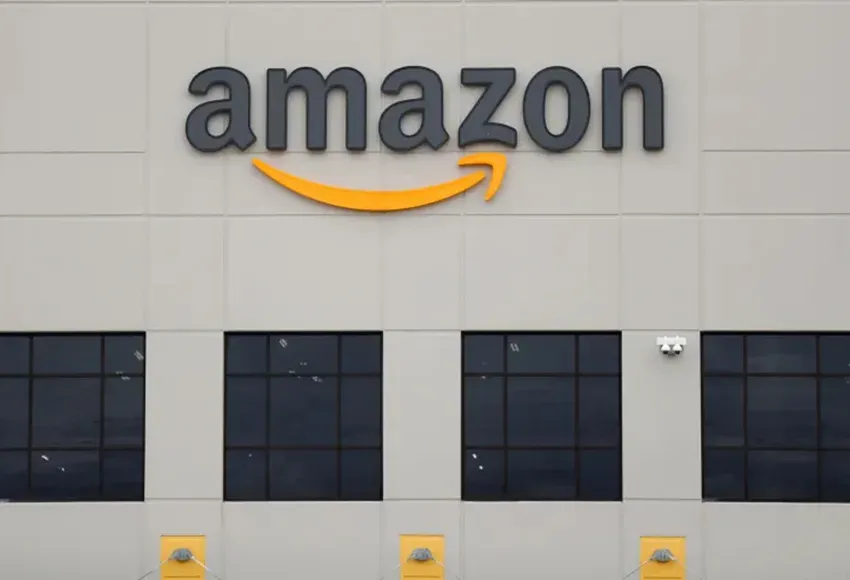On Tuesday, September 26, the Federal Trade Commission and 17 states filed a lawsuit against Amazon in Seattle. They allege the company has violated US antitrust laws. The lawsuit is the largest challenge the federal government has made against Amazon.
The purpose of the FTC is to protect US consumers and market competition. It was established in 1914 to prevent unfair business practices and was signed into law by President Woodrow Wilson. Since then, Congress has passed additional acts granting the commission more authority to police anticompetitive practices.
Jeff Bezos: monopoly man
The plaintiffs' 172-page lawsuit includes allegations that Amazon's retail supremacy is a monopoly, because the company uses unfair chain-link strategies to maintain its power over competitors, in that it functions as both a retailer and a manufacturer and unfairly prioritizes the products it manufactures over others. The lawsuit includes evidence that Amazon prevents businesses from selling their products at lower prices elsewhere, degrades the quality of non-Amazon-brand items, and overcharges sellers.
It also claims that Amazon's exclusionary practices stifle the growth of other online retailers, buying out or sabotaging any small businesses that show the potential to become a rival in the future.
The plaintiffs hope a federal court will mandate a permanent injunction, stopping Amazon from controlling the online retail market. They are not requesting a breakup of the company.
Representatives of Amazon claim the case is unlawful and have threatened that a ruling in favor of the FTC will result in slower shipping times and higher prices. In an official statement from the company, David Zapolsky, senior vice president of global public policy, wrote, "We respect the role the FTC has historically played in protecting consumers and promoting competition. Unfortunately, it appears the current FTC is radically departing from that approach, filing a misguided lawsuit against Amazon that would, if successful, force Amazon to engage in practices that harm consumers and the many businesses that sell in our store."
Zapolsky defended Amazon as a champion of small businesses and an innovative company that pushes competitors to work harder and strive for better delivery systems.
Sellers' remorse
Despite the company's claims, the suit alleges that Amazon forces sellers to buy advertising to remain relevant in the company's search algorithms, sets minimum prices for their products sold on Amazon, and keeps them from listing products at lower prices elsewhere that might compete with those found on Amazon. Those who attempt to use other platforms to sell their goods, particularly at lower prices than Amazon will allow, are also punished by the site.
The company also allegedly pressures sellers to pay for "Prime" status to have their products prioritized in search results. Those who do not agree to pay the extra fee have their products listed lower in search results, and see added delivery fees and delivery time compared to Amazon-fulfilled products. The result is that sellers only retain only 50% of their profits, as the company takes the rest through hidden fees and forced advertisement.
You named our secret algorithm after the Loch Ness Monster?!
The suit also mentions an algorithm called "Project Nessie," which Amazon has kept top secret; the company has only said that it is an "algorithmic tool" and a "pricing system." All details of the mystery algorithm were redacted in the public complaint. An excerpt reads, "Amazon has also [redacted] through a [redacted] operation called 'Project Nessie.' [Redacted] Amazon's Project Nessie has already extracted over [redacted] from American households."
According to the Wall Street Journal, the secret algorithm helps determine how far Amazon can raise prices and remain competitive with other sellers. Nessie would monitor prices on other online retail sites, such as Target, when Amazon raised its prices. If other companies refused to raise prices to compete with Amazon, the system would automatically lower Amazon's to remain competitive. The FTC alleges that this secret algorithm helped illegally maintain market dominance.
"Amazon is a monopolist, and it is exploiting its monopolies in ways that leave shoppers and sellers paying more for worse service," FTC Chair Lina Khan said following the filing. "In a competitive world, a monopoly hiking prices and degrading service would create an opening for rivals and potential rivals to grow and compete," she continued. "But Amazon's unlawful monopolistic strategy has closed off that possibility, and the public is paying dearly as a result."
A trial date has not been set. The FTC expects it will take several years before a verdict is reached.


